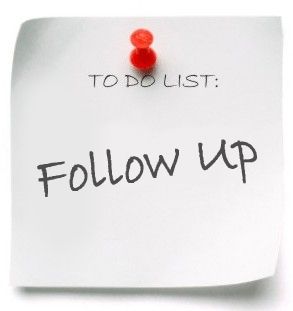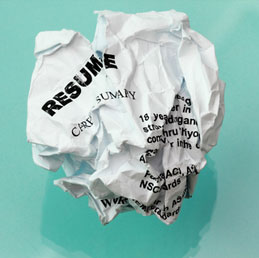One question that often arises for job seekers is how to go about listing freelance jobs on their resume. This can be a confusing process, because improperly listing freelance jobs can give the appearance of instability in a position. Here are some tips on how to organize your freelance jobs on your resume in a way that will highlight your work and knowledge you can bring to a company.
The most important thing to remember is that freelancing is an important part of your career; you are someone who has been self-employed. Organize all of your freelance work into one section of your resume under the heading “freelance.” List all of your achievements, roles and projects in chronological order just as you would for a full-time position. This also applies to freelance work that you have done while also holding a full-time position. If you alternate between your full-time positions and freelance work on your resume, you will risk confusing employers into thinking each freelance job was a change in employment. You can also be selective in the freelance assignments you choose put on your resume. If you have worked on several assignments, pick the two or three that best showcase your overall skills or that applicable to the job you’re applying for.
A clean, well organized resume will help you stand out to potential employers. It is important to keep the information on your resume as up-to-date as possible. If you need help getting your resume in check or any other job-related queries, visit our website and set up an appointment. We’ve got you covered!










